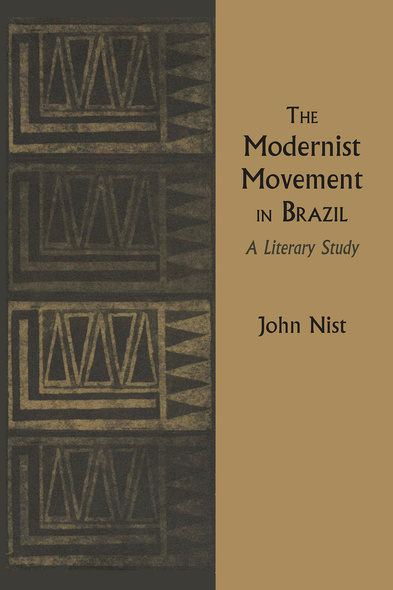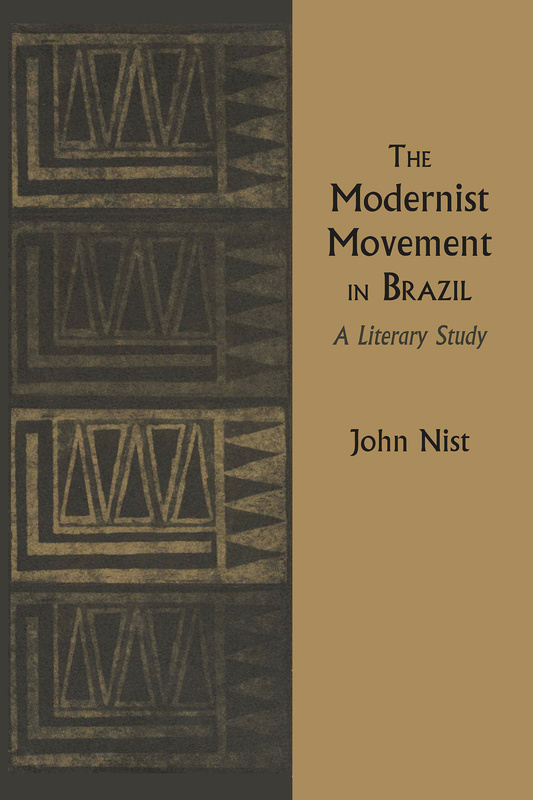“Ask an authority on Brazilian culture what he considers to be the most significant artistic event in Brazil during this century,” observes John Nist, “and he will quickly reply, ‘The Modern Art Week Exhibition, staged in Sao Paulo in February, 1922.’ This public demonstration and aesthetic manifesto represented a cut with the past, a violent break with tradition unparalleled in Brazilian history. The fact that Brazilians still discuss the poetical renovation achieved by Modernism shows how strongly the movement attacked and questioned traditional attitudes, cherished preconceptions, prejudiced aspects of a national sensibility that still persists, in some quarters, to this day. As a movement of research and experimentation, Modernism was, in the words of its principal prophet, Mário de Andrade, ‘a rupture, a revolt against the national intelligence.’ In time it became a national affirmation that resulted in the integration of Brazilian literature into the literature of the Western world—an integration too long overlooked by members of the English-speaking community.”
The literary revolution thus unleashed in 1922 in Latin America’s largest country is the subject of this book by Nist. Initially fostered by the Brazilian poets in response to new challenges in painting, sculpture, architecture, and music, the Modernist Movement has passed through four clear phases, which are traced by the author: first, the destructive and iconoclastic phase, 1922–1930; second, the serious and socially concerned phase, 1930–1940; third, the aesthetically formal phase, 1940–1950; fourth, the Concretist experimental phase, 1950 to the mid-1960s.
With similar competence Nist examines the fourfold achievement sought by these same poets: (1) a new age of humanity as well as a new artistic attitude; (2) a new aesthetic purity; (3) the termination of the divorce between humanity and nature, artist and human; (4) the discovery and establishment of a common ground between culture and spontaneity, tradition and originality, social and natural reality.
In addition to presenting the origin and evolution of the Modernist Movement from a historical perspective, the author pays critical attention to the artistic achievements of the leading poets of twentieth-century Brazil: Mário de Andrade, Oswald de Andrade, Manuel Bandeira, Jorge de Lima, Cassiano Ricardo, Carlos Drummond de Andrade, Cecília Meireles, Vinícius de Moraes, Augusto Frederico Schmidt, Murilo Mendes, João Cabral de Melo Neto, Domingos Carvalho da Silva, and others of similar stature.
- Acknowledgments
- 1. Toward the Modern Spirit
- 2. A Gathering of Cultural Forces
- 3. Discoveries and Victories
- 4. Affirmations and Attacks
- 5. Mário de Andrade
- 6. “Centennial Dragoons”
- 7. The Modern Art Week: Results and Effects
- 8. Matters of Opinion
- 9. Manuel Bandeira
- 10. Carlos Drummond de Andrade
- 11. Jorge de Lima
- 12. Five Spiritual Voices
- 13. João Cabral and Concretism
- 14. Cecília Meireles
- Bibliography
- Index





